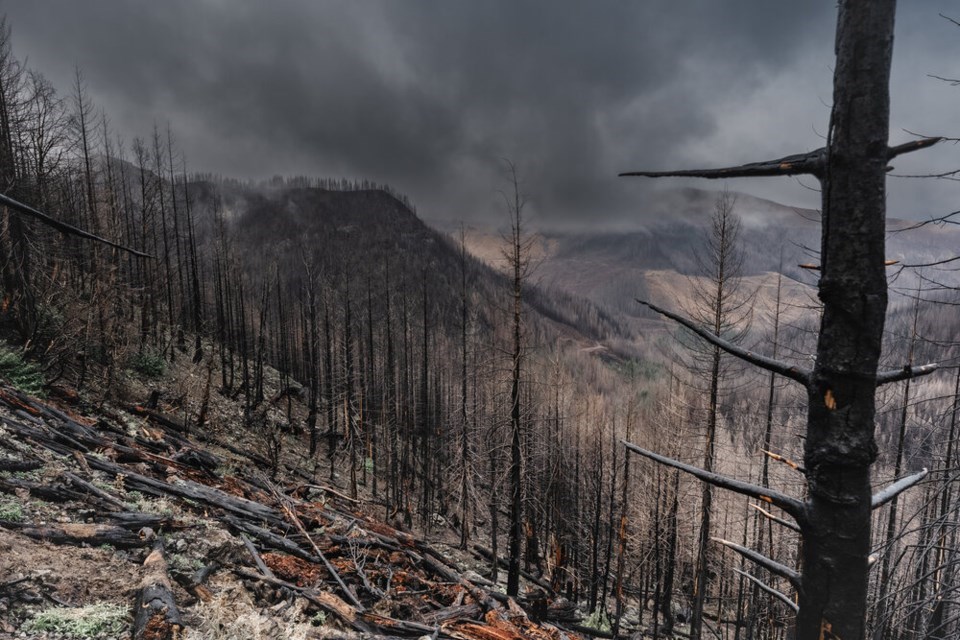The expanded powers in Alberta’s Emergency Statutes Amendment Act, or Bill 21, would further erode the local authority of municipal decision-makers, and complicate emergency response efforts, says the Rural Municipalities of Alberta (RMA).
Introduced last week by the Minister of Public Safety and Emergency Services Mike Ellis, Bill 21 will give the province power to assume control of emergency situations if a state of emergency is declared by a municipality.
Alberta’s government has said this would be done only in extreme circumstances, such as where local resources are depleted, where help is requested, or “where local actions are at cross purposes with broader regional or provincial actions.”
“Bill 21 is the latest attempt to reduce the authority of municipal leaders, with no clear explanation as to how this will do anything other than confuse and complicate emergency response moving forward,” RMA President Paul McLauchlin said in a statement.
“While the government claims this would only be done in rare circumstances, the legislation provides no clarity on what those scenarios are,” he said.
RMA has noted there are no criteria or thresholds established in Bill 21 for when the government could exercise this control over a state of emergency.
“This will add an extra layer of stress for municipalities managing an emergency, wondering if the province will arbitrarily step in, and more confusion for residents related to who is in charge during local emergencies. This is not legislation municipalities asked for and is not helpful to our members,” McLauchlin said.
The bill would also allow the province to amend the declaration of a state of local emergency and moves Alberta’s fixed election date from May to October, a time when the province says emergencies are less likely to occur.
Ellis said the changes are necessary because, as seen by 2023’s record wildfire season, disasters are becoming more severe and complex. “It’s crucial for the government to be able to respond quickly to better protect the lives of Albertans and the communities where they live.”
RMA says it is concerned being required to turn over control of fire departments and local staff would put “an authority that is not familiar with the community” in charge of disaster response.
While the province would have more power to take control of wildfire response, it is unclear whether it would also assume the costs of these operations. Currently, municipalities have the operational and financial responsibility of managing wildfires outside of Forest Protected Areas (FPA) in Alberta.
“If the Government of Alberta insists on intervening in fires outside the FPA without a municipal request, they must take on all the costs of fighting these fires,” McLauchlin said.
Bill 21 closely follows the introduction of contentious legislation requiring the province to approve any federal funding going to Alberta entities, and proposed changes to give cabinet the power to rewrite bylaws and remove councillors. McLauchlin said these acts are part of an alarming trend from Alberta’s government to centralize control and reduce municipal authority.
“Our provincial government seems intent on overreaching their powers while accusing the federal government of doing the same to them. This pattern of centralization and big government flies in the face of conservative principles. Since the content of bills 18, 20, and 21 were not included in the platform material from the provincial election just last year, it leaves us wondering who is controlling the policy direction of this government.”




